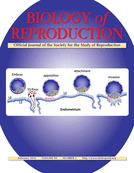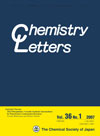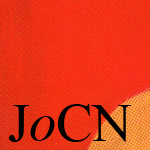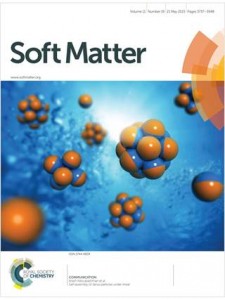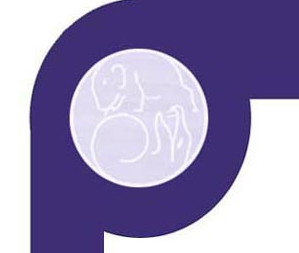 The journal Epidemiology Biostatistics and Public Health has issued back-to-back corrections for a 2015 paper after the authors failed to disclose conflicts of interest with the asbestos industry and included an “erroneous citation.”
The journal Epidemiology Biostatistics and Public Health has issued back-to-back corrections for a 2015 paper after the authors failed to disclose conflicts of interest with the asbestos industry and included an “erroneous citation.”
The mistaken citation was more than just a clerical error, critics argue — it undermines one of the key arguments of the paper, “Critical reappraisal of Balangero chrysotile and mesothelioma risk,” which disputes claims that an asbestos mine in northwest Italy was responsible for numerous cases of an aggressive form of cancer called mesothelioma. The authors, led by Edward Ilgren formerly of Oxford University, claim that “myriad sources” of other forms of asbestos—rather than the asbestos produced at the mine, called chrysotile—exist in the region “to account for the alleged cases.”
However, according to a recently added correction, the citation does not support one of the authors’ claims about how other forms of asbestos arrived at the mine area.
